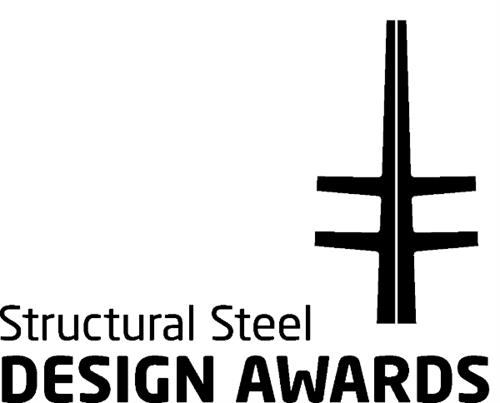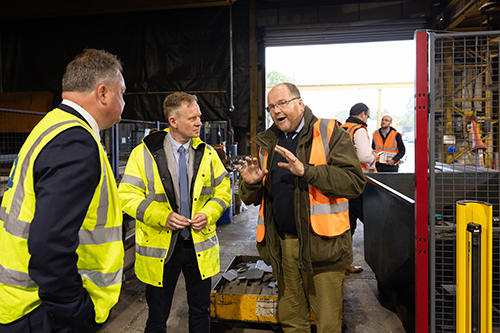
BCSA News and Insights
President's Column October 2023
23/10/2023
Category: President's Column
At the time of writing this column, the UK Government had just announced a £500m contribution to keep open the UK’s largest steelworks plant in Port Talbot, Wales. With additional major investment from the owners Tata Steel, this money will be used to fund the installation of new Electric Arc Furnaces (EAFs) to reduce the level of site emissions by 85%.
By the time this column is published, the UK Government may have also confirmed a similar arrangement with British Steel to invest in the same EAF technology at their Teesside and Scunthorpe plants.
Although the consequential restructuring of these large plants could regrettably result in the loss of many jobs, at face value it would appear to be a step in the right direction for steel production in the UK. This investment was sorely needed, but is it enough to revitalise the UK steel industry and is there a bigger strategy going forward?
Let’s start by looking at some figures.
The UK currently produces around 6 million tonnes of steel per annum, one-sixth of which is already produced using the greener EAF technology. The introduction of new EAF’s at Port Talbot alone will reduce the UK steel industry’s carbon emissions by 7% and the UK’s entire carbon emissions by around 1.5%.
In contrast, the world’s leading steelmaker, China, currently produces over 1 billion tonnes of steel per-annum, with India following in second with over 300 million tonnes per-annum. Worryingly, almost all of this steel is produced using coal-powered blast furnaces.
Due to our current production limits, in order to meet the demand for steel in the UK, we need to import as much as we currently produce, and although approximately twothirds of this additional volume is sourced in nearby Europe, the ongoing uncertainty on steel import tariffs and Brexit fallout could seriously compromise this necessity.
In specific relation to the UK steel construction market, we again rely heavily on the need to import certain products and grades, and there are no signs of this position changing in the foreseeable future.
Current data tells us that if we build sufficient EAF plants within the UK, we can supply them with the required volume of recycled steel to meet our demands, which would effectively convert UK steelmaking into a low carbon industry.
Whilst steelmaking accounts for just 0.1% of the UK economy, in my opinion, it’s importance to national defence, transport, manufacturing and construction, means that we must have the confidence that it will remain a stable UK industry. So, why not widen the objectives and solve some major problems together?
- First, let’s collectively agree that a UK steel industry is essential to UK security and the economy and, together with Government, work out a strategy to secure its future.
- Second, let’s calculate the real investment and infrastructure needed to convert the industry to the technologies required (not necessarily limited to EAFs) to meet our 2050 net zero target.
- Third, let’s plan and use that investment to increase the UK steel production to a more self-sufficient level of the specific products we use to reduce the reliance on major steel imports.
I know that some will argue it will take too long and cost too much, but what time and value do you put on controlling your own future, whether it be for security, the economy or the environment?
Gary Simmons, BCSA President

Previous article
29/09/2023

2023 Structural Steel Design Awards winners announced
The 55th Structural Steel Design Awards (SSDA) jointly sponsored by the British Constructional Steelwork Association and Steel for Life was held on Thursday 28th September at Christ Church Spitalfields Venue, London.
Next article
01/11/2023

George Freeman MP shown local value on visit to H Young Structures and Hi-Span
On a visit to H. Young Structures and its sister company Hi-Span in Wymondham, George Freeman, MP for Mid Norfolk, was shown the work the firm is doing to ensure that the local economy benefits from its headquarters in the region.


